Better safe than sorry.
You've likely heard this phrase countless times, but when it comes to protecting your valuables, it couldn’t ring truer.
Every year, millions of people across the U.S. use storage units to store seasonal clothing, family heirlooms, or even high-value business inventory.
According to IBISWorld, the self-storage industry is a massive market, generating over $40 billion annually.
In fact, nearly 1 in 10 Americans rent a self-storage unit at any given time, with the numbers expected to grow as our need for extra space increases.
However, despite the growing trend, many people overlook one crucial aspect of renting a storage unit—insurance.
Research shows that 36% of renters who use storage units don't have insurance for the items they store.
This is surprising when you consider that things can go wrong in a storage unit just as easily as they can at home.
From fire and water damage to theft or vandalism, risks are ever-present, and without proper coverage, you might face significant financial loss.
For instance, a fire can destroy everything in minutes, and once the damage is done, you can't simply "replace" sentimental items or irreplaceable business inventory.
Now, imagine you’ve stored away important documents, precious family heirlooms, or valuable electronics in your storage unit, only to find that they’ve been damaged or stolen.
Without storage unit insurance, you could be left with nothing but an empty unit and a hefty financial burden.
That’s why you need insurance for a storage unit. It’s designed to offer financial protection and guarantees that your belongings are covered in case of unforeseen circumstances.
But what exactly does this insurance cover, and how does it work?
What is storage Unit Insurance?
Storage unit insurance is exactly what it sounds like: a policy that covers your belongings stored in a self-storage facility.
It offers protection against theft, fire, water damage, vandalism, and even natural disasters.
You might be thinking that nothing is going to happen to your things, but accidents can occur—floods, fires, and burglaries do happen, and without insurance, you could be left to pay for the loss out of your pocket.
Do All Storage Units Require Insurance?
If you're wondering, "Do all storage units require insurance?" The answer is, "Yes, but it depends."
Many storage facilities recommend or even require renters to have some form of coverage before they store their items.
Some facilities might provide basic insurance, while others will ask you to provide your own insurance policy.
You should always verify the storage unit insurance requirements of the facility where you're renting and see if your current renters or homeowners insurance already covers your storage unit items.
For example, some companies, such as U-Haul, Extra Space Storage, and Public Storage, may offer their own insurance options, while others might allow you to use your self-storage insurance policy.
Types of Storage Unit Insurance
When it comes to storage insurance, there are a few different options available, depending on what’s best for your needs.
Facility Insurance
Many storage units offer their own insurance as part of the rental agreement.
This is usually included in the monthly cost of renting the unit or available for an additional fee.
It covers basic risks, such as fire or theft.
While it can be convenient, it’s important to review the specifics of the coverage.
Some facility-provided policies may have lower coverage limits and might not cover damage due to natural disasters or high-value items.
Tenant Insurance
Also known as renters insurance, this policy is available to individuals who want more robust coverage for their personal belongings.
Storage unit insurance for tenants is one of the most common types of coverage.
This insurance covers damage or loss to your items in storage, including theft, vandalism, or fire damage.
It may also provide liability coverage if someone is injured on the premises. If your storage unit insurance for tenants is through a renters insurance provider, it may also extend to items in your home.
Homeowners or Renters Insurance
Many people overlook the fact that their homeowners or renters insurance policy may already cover items stored in a storage unit.
However, there are some limitations.
For example, some policies may cover only a percentage of the value of the items, often between 10% and 20%.
So, if you have $50,000 worth of personal property covered under your homeowner's insurance, only $5,000 to $10,000 may be available for items in storage.
Standalone Storage Insurance
Some insurance providers offer standalone storage insurance that is specifically designed for the items you store.
These policies are designed for storage units, and they may offer broader protection than what’s covered under homeowners' or renters' insurance.
What Does Storage Unit Insurance Cover?
To make sure your belongings are fully protected, it's important to understand what storage insurance covers.
While policies can vary, here’s a general breakdown:
Theft
This is perhaps the most common concern for those renting storage units.
While storage facilities typically have security systems and surveillance, theft can still happen.
Storage unit insurance for businesses or individuals often covers stolen items if someone breaks into the facility.
Fire Damage
If your unit is damaged or destroyed by fire, your storage unit insurance will typically cover the loss.
This includes both the structure itself and the contents of the unit.
Fire insurance might also cover smoke damage, which is important because smoke can cause extensive damage even without direct flames.
Water Damage
Water damage is another significant risk that can affect stored items.
Leaks, floods, or burst pipes could damage your belongings.
This is especially true if you store valuable items such as electronics, furniture, or clothing. Many policies cover water damage, but you should always verify this with the provider.
Natural Disasters
This includes protection for your items in the event of disasters like hurricanes, earthquakes, floods, and tornadoes.
Depending on your policy and location, you may need additional coverage for specific natural disasters.
For example, storage insurance for high-value items might be necessary to cover high-end electronics, antiques, or collectibles in the event of a catastrophe.
Pest Damage
Some insurance policies also cover damage caused by pests like rodents or insects. This is important to note, especially if you're storing items for an extended period.
What Isn’t Covered?
While storage unit insurance can offer great protection, there are certain exclusions to be aware of.
Some of the common exclusions include:
High-Value Items
Many self-storage insurance policies have limits on the coverage for high-value items such as jewelry, artwork, and collectibles.
If you store valuable possessions in storage, you may need to purchase additional coverage or a rider for them.
Vehicles
If you're storing a car, motorcycle, RV, or boat, these usually require separate insurance. Some storage unit policies may cover vehicles, but the coverage is typically limited.
Business Inventory
If you’re using your storage unit for business purposes, such as storing inventory or supplies, you may need a commercial policy.
Storage unit insurance for businesses differs from personal coverage and may require separate policies for proper protection.
How to Choose the Right Storage Unit Insurance
When choosing storage unit insurance, it's important to consider the following factors:
Coverage Limits
Make sure the insurance policy offers enough coverage to fully protect the value of your stored items. If you have high-value items, you may need to purchase additional coverage or a policy designed for those types of goods.
Deductibles
Consider how much you’ll have to pay out-of-pocket before your insurance kicks in. A higher deductible usually means lower monthly premiums, but it could also mean you’ll have to pay more in the event of a claim.
Exclusions
Be sure to understand what’s not covered by the policy. Some policies may exclude specific items or events, so it's crucial to read the fine print.
Reputation and Customer Service
Finally, look for a reputable insurance provider with a track record of reliable service and prompt claims processing.
How Much Does Insurance for a Storage Unit Cost?
So, you’re probably wondering, “How much does insurance for a storage unit actually cost?”
Well, the cost of storage unit insurance can depend on several factors, but don’t worry—we’ll break it all down for you so that you have a clear understanding of what you’re paying for.
Breakdown of Insurance Costs for Storage Units
To give you a clearer picture of how the costs can look, here’s a breakdown of typical premiums based on different coverage levels:
| Coverage Level | Monthly Premium Estimate | Annual Premium Estimate |
|---|---|---|
| Basic Coverage (up to $1,000) | $10 - $15 | $120 - $180 |
| Standard Coverage (up to $5,000) | $20 - $25 | $240 - $300 |
| Comprehensive Coverage (up to $10,000) | $30 - $50 | $360 - $600 |
| High-Value Items Coverage (up to $50,000) | $75 - $100 | $900 - $1,200 |
As you can see, the more detailed the coverage, the higher the monthly premium.
Additional Costs That May Apply
There are a few additional costs and optional extras that may apply to your storage unit insurance policy.
Add-Ons for High-Value Items
If you're storing items like jewelry, collectibles, artwork, or expensive electronics, you might need to add extra coverage to your policy.
| Type of Item | Add-On Cost (per month) | Coverage Limit |
|---|---|---|
| Jewelry | $5 - $10 | $1,000 - $5,000 |
| Artwork/Collectibles | $10 - $20 | $5,000 - $10,000 |
| Electronics | $10 - $30 | $1,000 - $5,000 |
Deductible Options
If you choose a higher deductible, your monthly premium will likely be lower, but you’ll need to pay more out-of-pocket before the insurance kicks in.
| Deductible | Monthly Premium Estimate | Annual Premium Estimate |
|---|---|---|
| Low Deductible ($50) | $25 - $40 | $300 - $480 |
| Medium Deductible ($100) | $20 - $35 | $240 - $420 |
| High Deductible ($500) | $15 - $30 | $180 - $360 |
Insurance through the Storage Facility
Many storage facilities offer their own insurance coverage, which might be included in the cost of your unit or available for an additional fee. The prices for this coverage tend to be on the lower end, as it typically offers basic protection.
| Storage Facility Insurance | Monthly Premium Estimate | Coverage Limit |
|---|---|---|
| Basic Facility Insurance | $10 - $15 | Up to $1,000 |
| Mid-Level Facility Insurance | $20 - $25 | Up to $5,000 |
| Premium Facility Insurance | $30 - $50 | Up to $10,000 |
Factors That Affect the Cost of Storage Unit Insurance
It’s important to know that several factors can influence the cost of insurance for your storage unit.
Coverage Amount: The higher the coverage you choose, the more you’ll pay. If you’re insuring higher-value items, such as electronics, antiques, or business inventory, you’ll need to select a higher coverage limit.
Deductibles: The deductible is the amount you’ll need to pay out-of-pocket before your insurance kicks in. If you go for a higher deductible, your monthly premiums will likely be lower, but you’ll pay more in case of a claim.
Location of the Facility: Where your storage unit is located can also impact the cost. If the unit is in an area prone to natural disasters, insurance premiums may be higher.
Type of Insurance: There are different types of storage unit insurance, such as basic, standard, or comprehensive coverage. Naturally, comprehensive coverage will cost more than basic coverage.
Value of Items Stored: If you're storing valuable items, such as collectibles, fine art, or expensive electronics, you’ll need to pay for the appropriate coverage.
How Can You Lower Your Insurance Costs
While storage unit insurance can seem like an additional expense, there are a few ways to reduce your premiums:
Bundle with Homeowners or Renters Insurance: Many insurance providers offer discounts if you bundle your storage unit insurance with your existing renters or homeowners insurance.
Lower Your Coverage Limits: If you don’t need high coverage, consider reducing your coverage amount to save on premiums.
Choose a Higher Deductible: As mentioned earlier, opting for a higher deductible can help reduce your monthly premiums.
Check for Discounts: Some facilities offer discounts if you pay for your insurance annually rather than monthly.















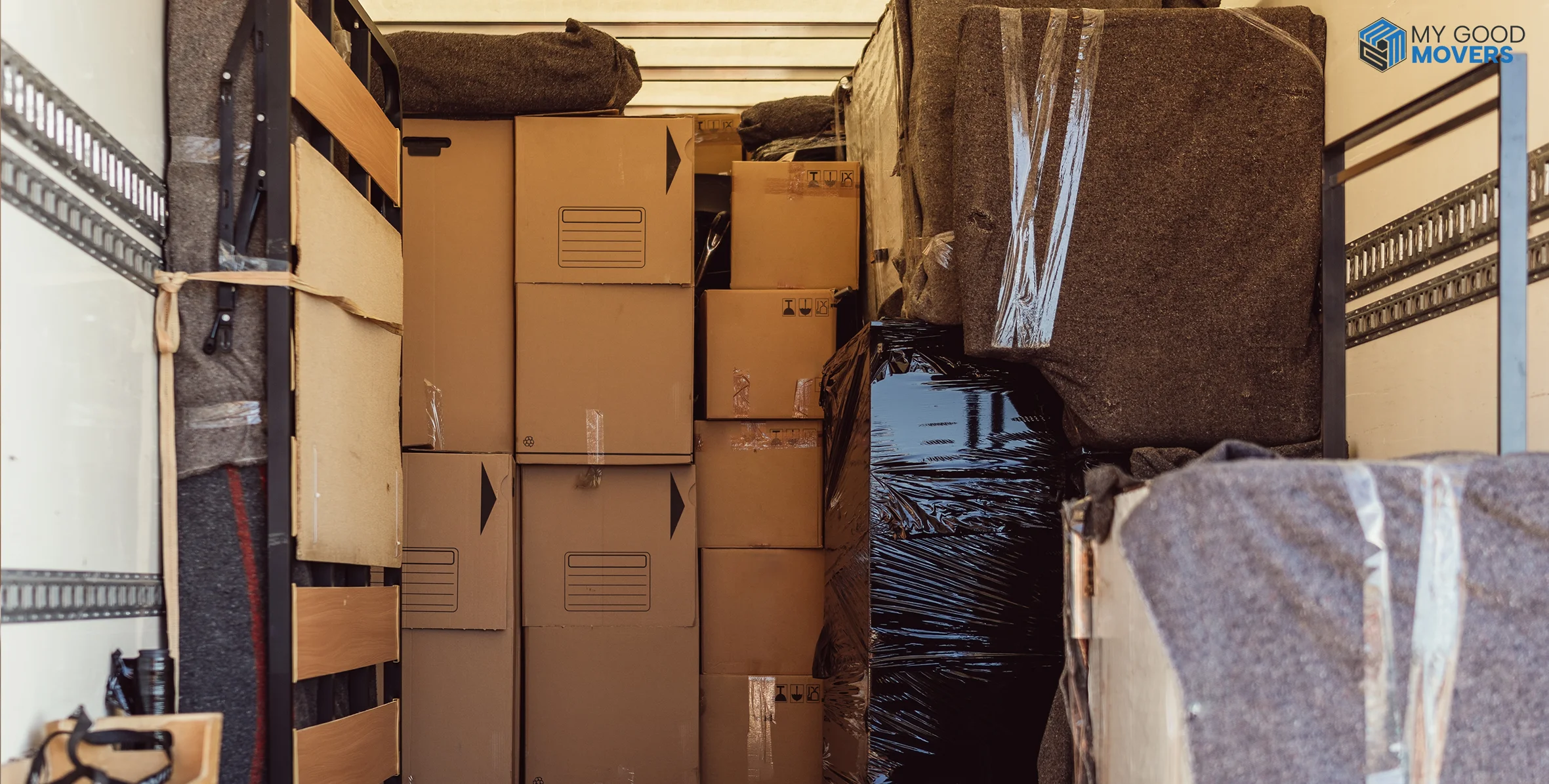
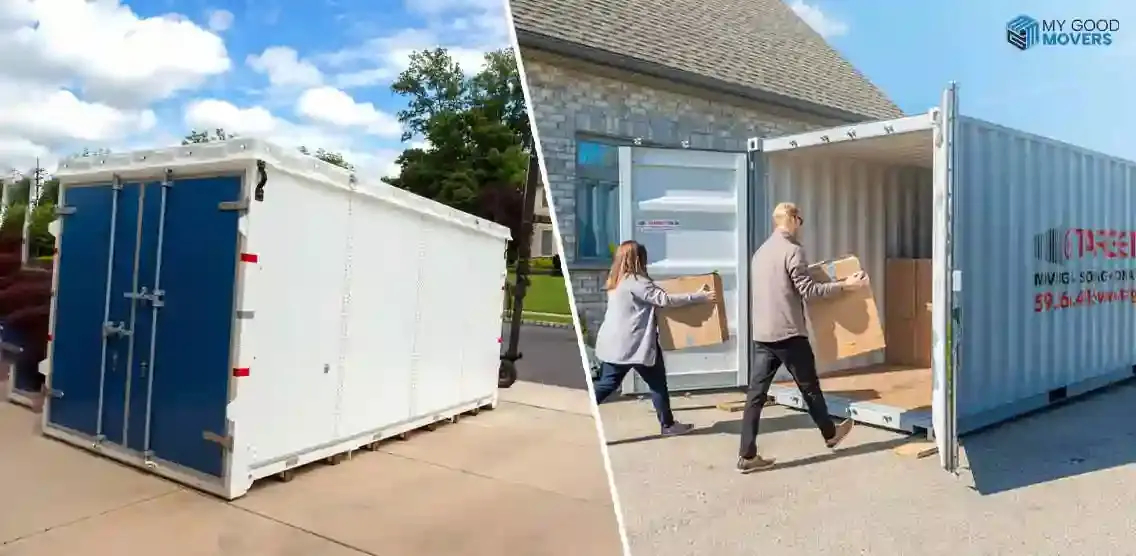
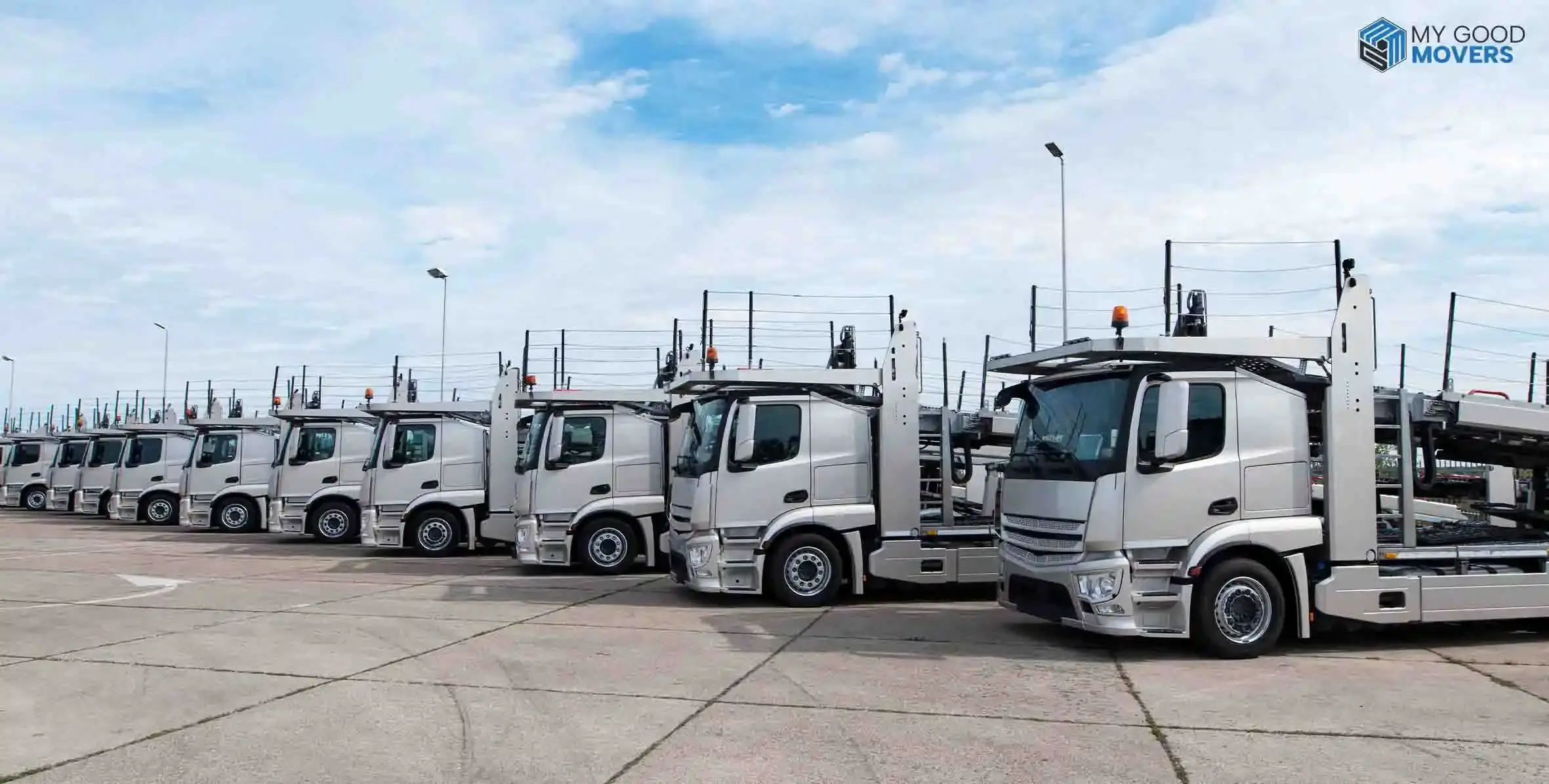

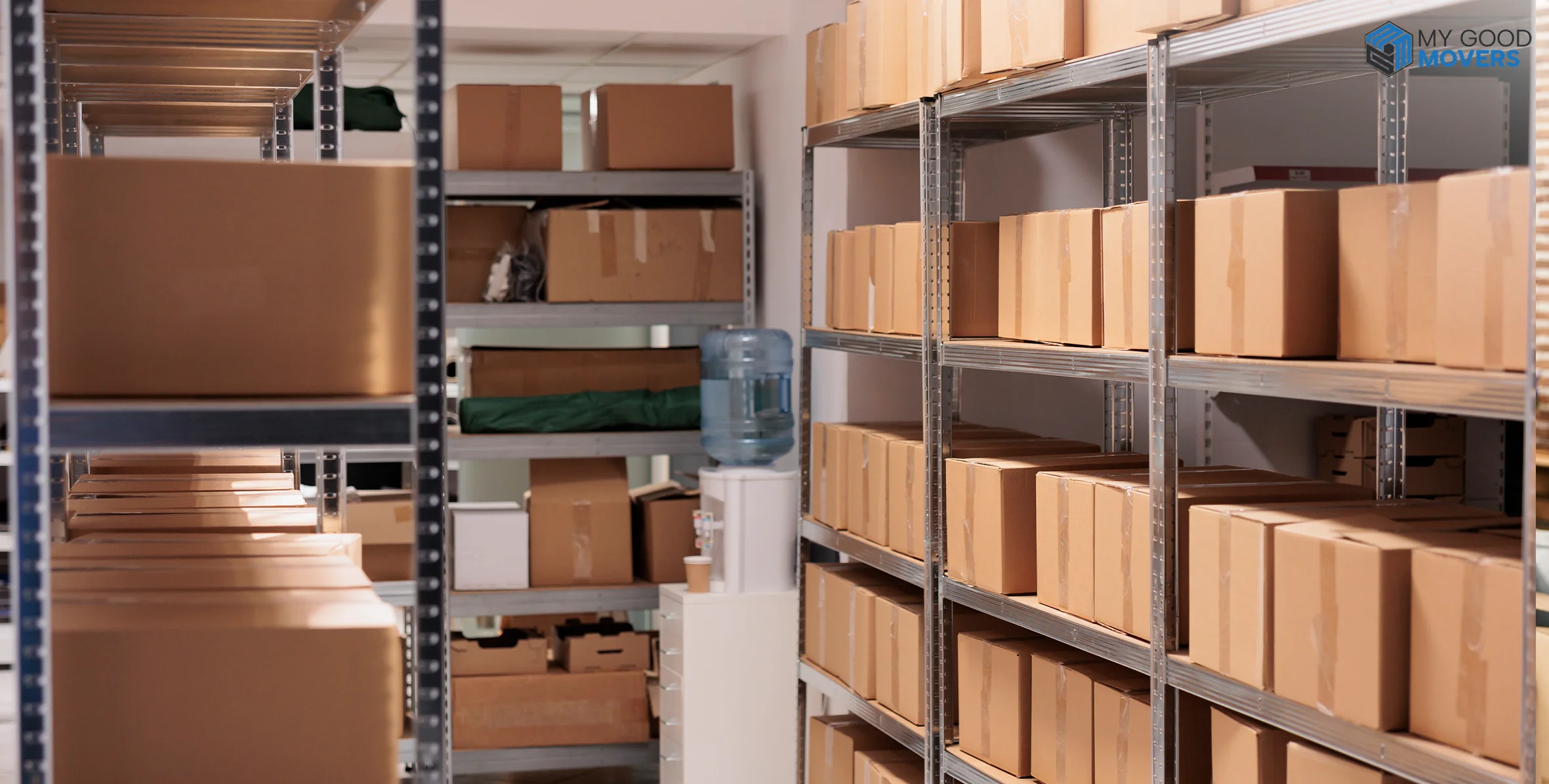





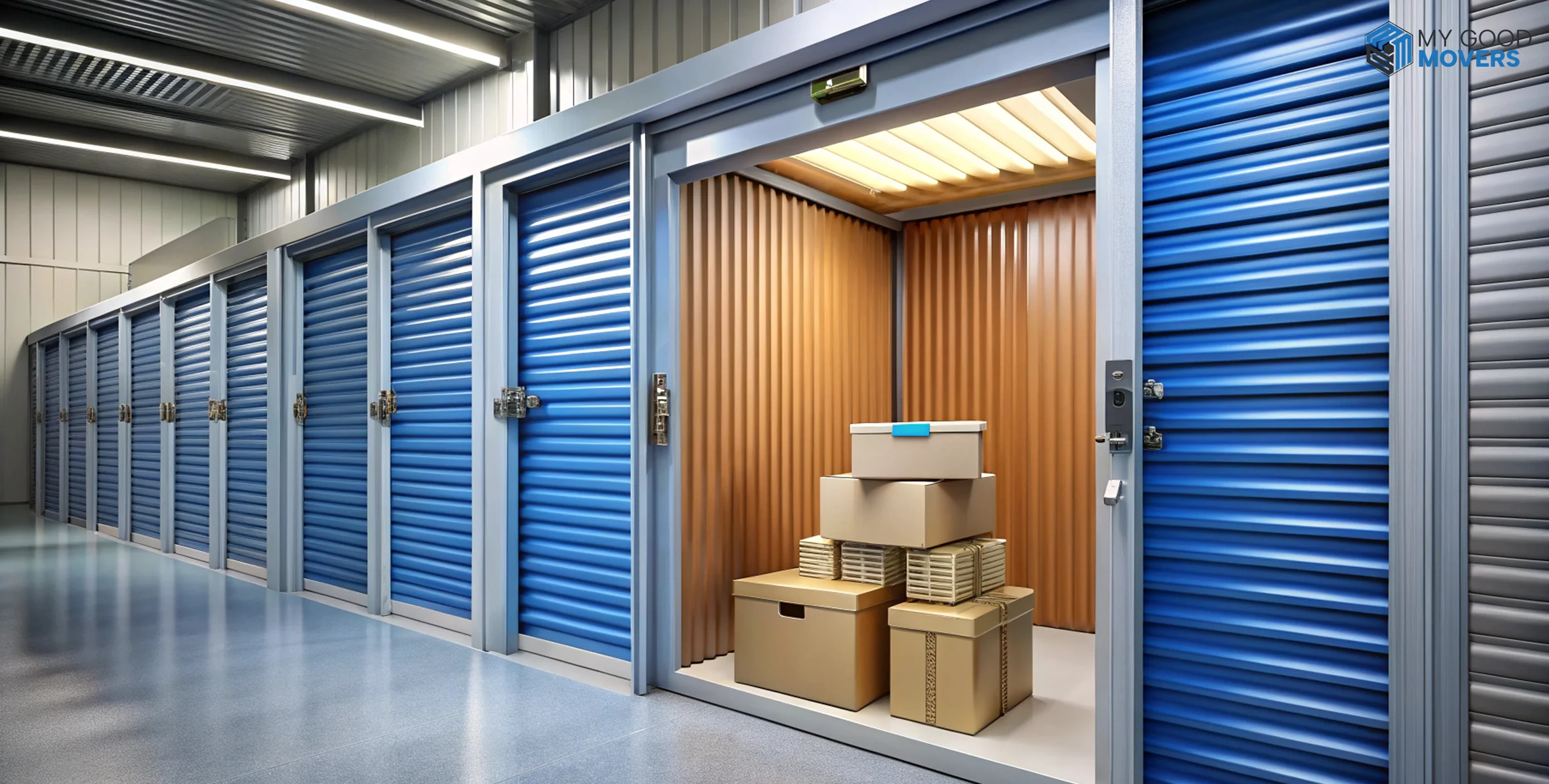
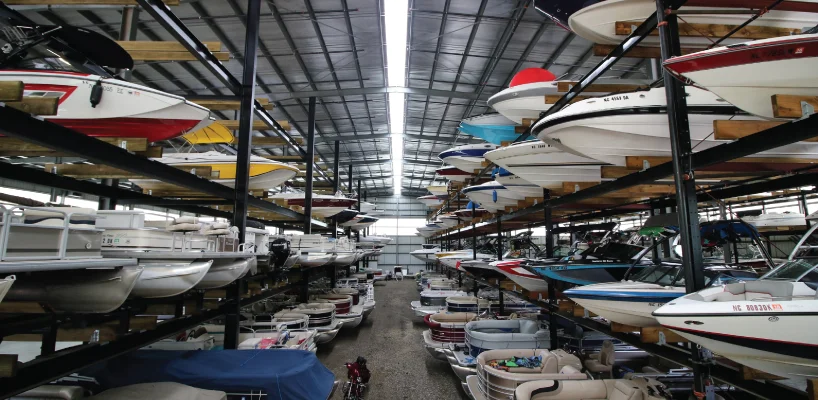

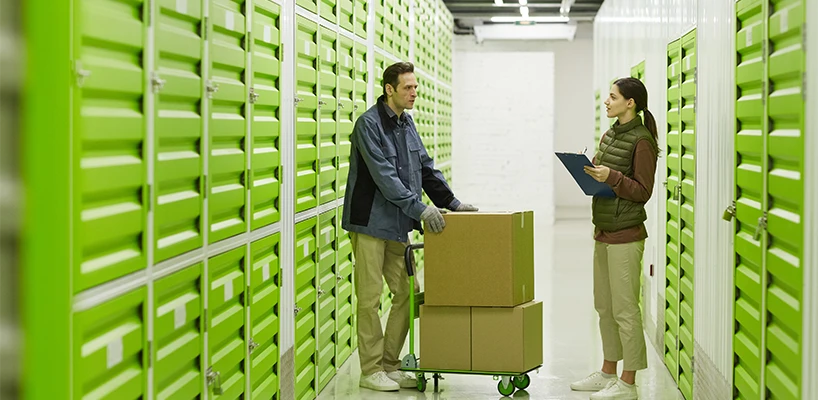
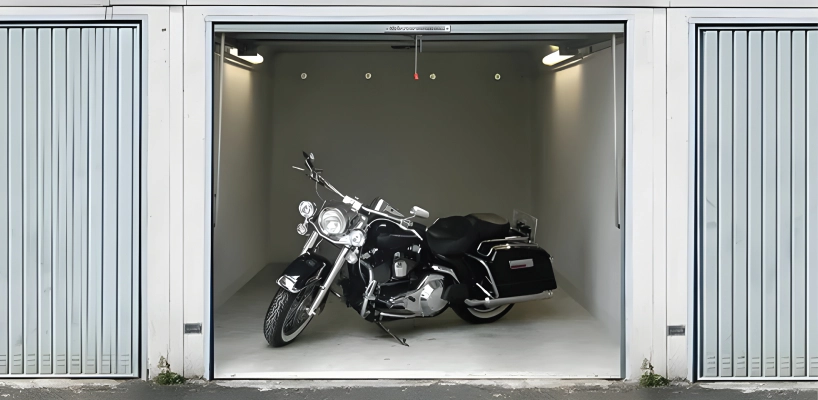

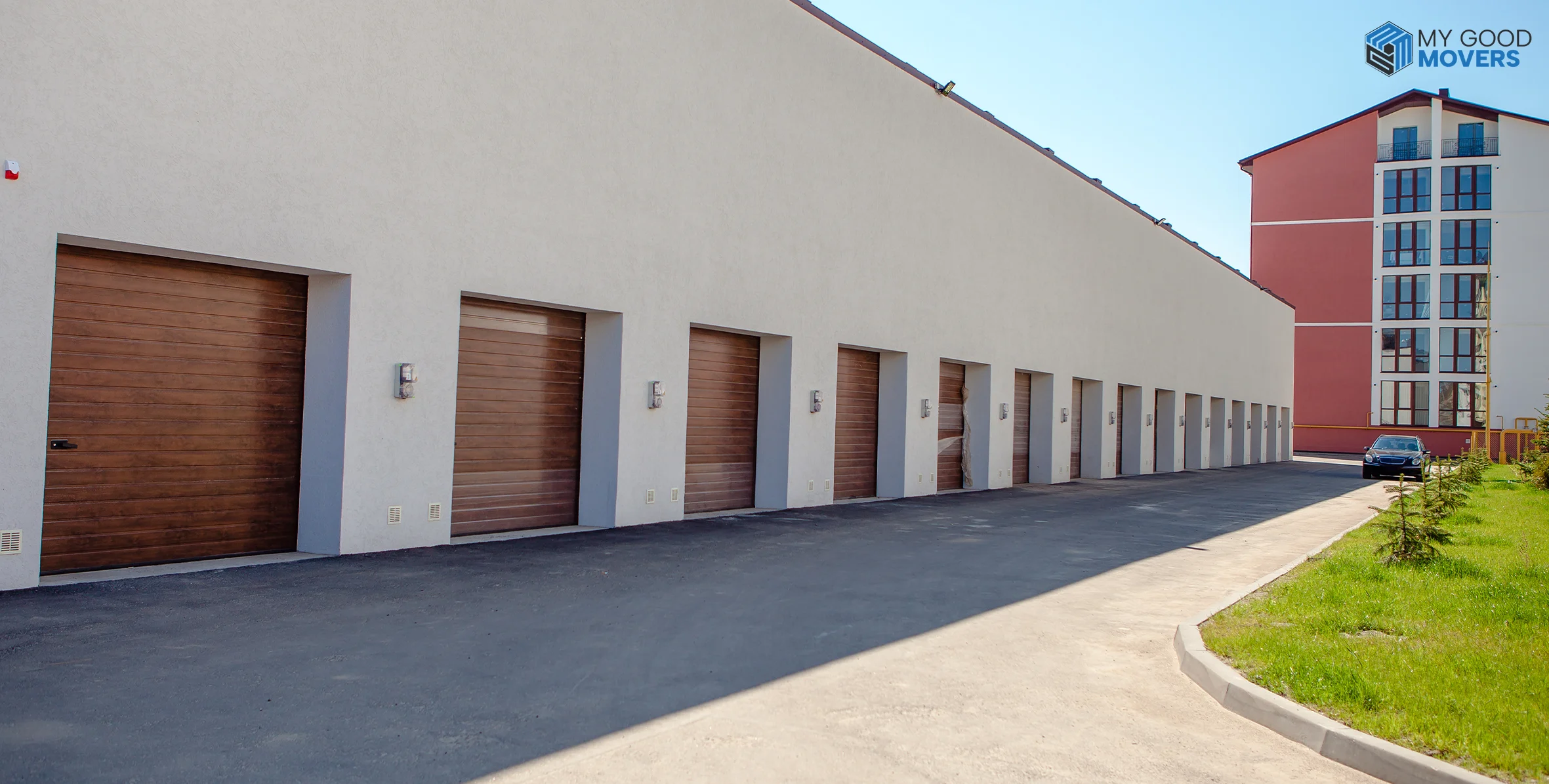

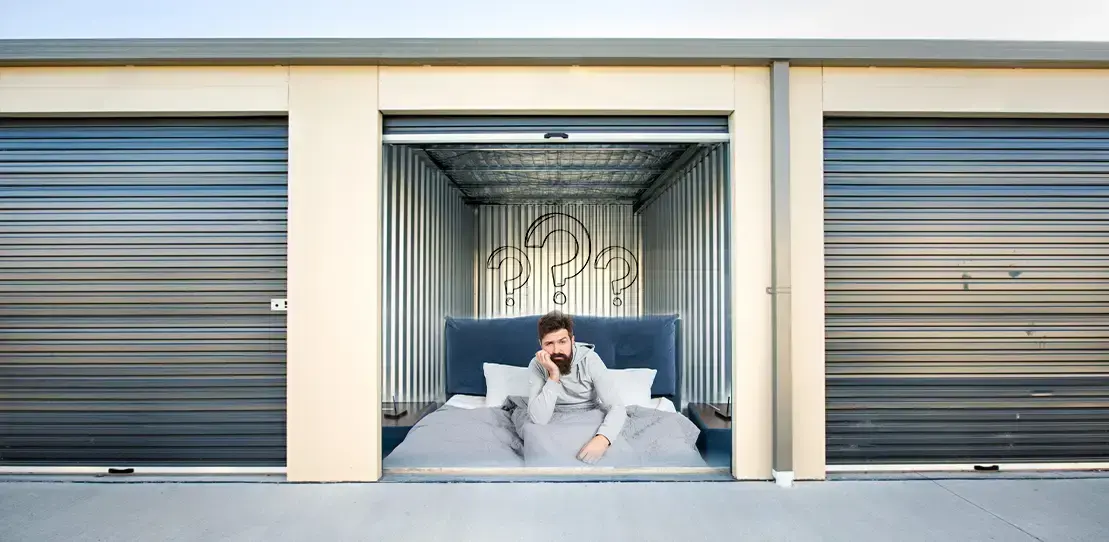

 (239) 799–6077
(239) 799–6077